It happens to all of us: You wake up to a dark, quiet house, roll over to squint at the clock, and find that it’s… 3 a.m. No matter how hard you try to clear your mind, you find yourself wide awake, brain racing, nowhere close to the restful slumber you should be enjoying in the wee hours of the morning. What you do in those moments just after waking up in the middle of the night can be the difference between quickly drifting back to sleep and losing precious hours of much-needed rest.
Waking up and not being able to get back to sleep is a symptom of insomnia, a common condition in the United States. According to Penn Medicine, roughly 25%of Americans experience sleeplessness each year. Most will return to a healthier sleep schedule without medical intervention, but when it’s the middle of the night and you’re staring down a day with less than four hours of sleep, waiting around for your circadian rhythm to right itself isn’t always a viable option.
We reached out to Ashley Madsen, PA-C, HHC, ABBAAH, a board-certified physician associate and clinical director of wellness at Ethos Aesthetics + Wellness, to discuss the best things to do (and perhaps most importantly, not do) when you wake up in the middle of the night.
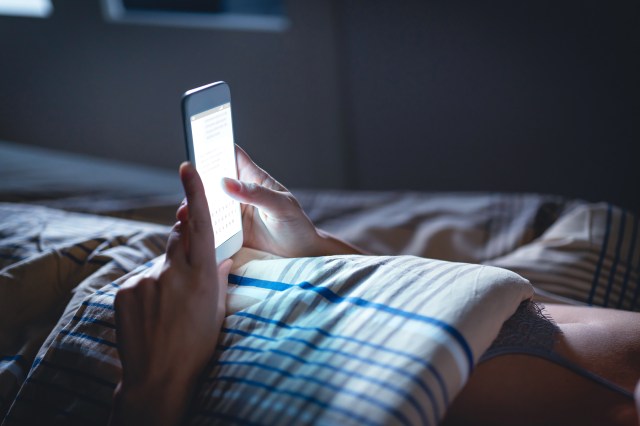
1. What Not To Do When You Wake Up
First things first: What shouldn’t you do if you wake up in the middle of the night and can’t go back to sleep? According to Madsen, the biggest insomniac no-nos have to do with our devices. As tempting as it might be, try to avoid checking your phone — either to look at the time or to give in to stressful or engaging activities such as checking your email and scrolling through videos on social medias. Even if you aren’t doing something mentally stimulating on your device, Madsen says the phone itself is actually the problem.
“The blue light from screens can interfere with melatonin production, disrupting your sleep cycle,” she explains. “Leave your devices outside of the bedroom and use an alarm clock instead. I particularly love a sunrise alarm clock.”
Madsen also recommends avoiding late-night snacks, as digestion can increase your resting heart rate and make it harder for your body to relax back into sleep mode. Finally, even lying awake in bed can have harmful effects on your sleep routine if you’re not careful. “Staying in bed awake for too long can create an association between your bed and wakefulness,” Madsen explains. “Lying in bed doing breathing exercises and relaxing is different from lying in bed ruminating and becoming anxious from trying to fall back asleep.”
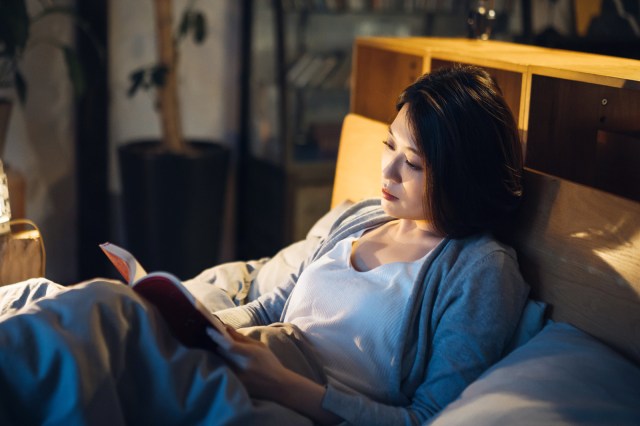
2. How To Get Back to Sleep
So, if a quick trip to the pantry or Instagram is out of the question, what should one do if they find themselves restless at night? Madsen recommends relaxation techniques such as deep breathing, progressive muscle relaxation, or mindfulness exercises. Her favorites are the 4-7-8 breathing technique — breathing in for four counts, holding your breath for seven counts, and exhaling for eight counts — and Yoga Nidra meditation.
If you still can’t fall asleep after 20 to 30 minutes, Madsen suggests engaging in quiet, nonstimulating activities. “Ideally in low light,” she adds. “Reading a book that’s not very stimulating, listening to guided meditation, or binaural beats can be helpful.” No matter which activity you choose, the key is to keep your environment conducive to sleep. Set the temperature around 66 to 68 degrees, keep the lights low, and keep noise to a minimum.
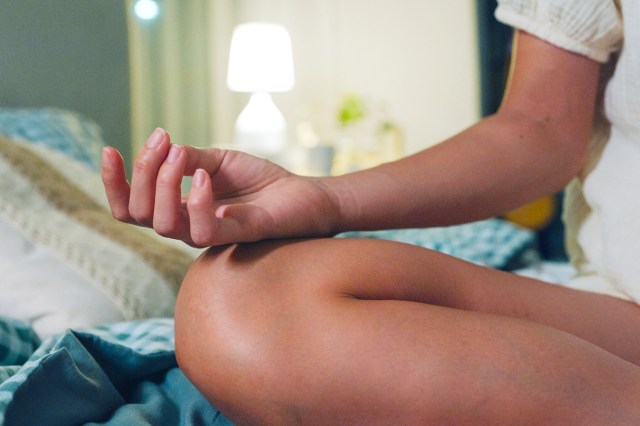
3. Things To Do To Sleep Better
A healthy sleep cycle starts long before our head hits the pillow, and consistency is key. Madsen recommends establishing a normal sleep schedule that you maintain even on the weekends. A consistent nighttime routine can help, too — try reading, taking warm Epsom salt baths, sitting under near-infrared light, or practicing relaxation exercises. Limiting exposure to blue light, caffeine, and alcohol, and avoiding large meals also may help the body fall asleep faster.
Additionally, Madsen says sleep-supportive supplements such as magnesium, l-threonate, glycine, inositol, GABA, valerian root, lemon balm, low-dose melatonin, and/or L-theanine can help you sleep through the night. Of course, be sure to check with your medical provider before introducing a new supplement to your routine.
“Start by adding in or changing one thing at a time,” Madsen says. “My favorite habit is a consistent morning routine that includes getting outdoors and viewing morning sunlight within 30 minutes of waking. This sets your circadian rhythm. If you can’t do that, then think about a circadian health blue light visor to wear around the house for 10 to 15 minutes in the morning.”
Self-awareness can be just as important as staying consistent. Using apps or devices to track sleep, physical activity, and nutrition can help you identify different habits or lifestyle choices that might be affecting your sleep through the night. “What you can measure, you can improve,” Madsen says.
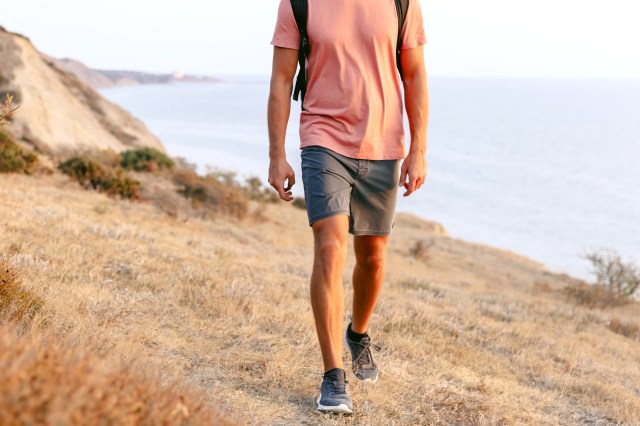
4. What Could Be Affecting Sleep
Finally, what we remove from our daily routines is as critical as what we add to them. Generally speaking, doing the opposite of the above steps can make it harder to sleep through the night — so, scrolling before bed, drinking booze or caffeine, eating heavy meals, or maintaining a sporadic sleep schedule. Madsen recommends shutting off screens 60 minutes before bedtime and switching from caffeine to a supplement called paraxanthine in the afternoon and evening, which can provide energy and focus without the anxiety and jitters.
A poorly balanced diet can be a culprit for lack of sleep, too. “Prioritize protein, healthy fat, and fiber in your meals,” Madsen says. “This will help to maintain blood glucose levels, which have a direct impact on the quality of your sleep.” Regular exercise also promotes better sleep, especially movement throughout the day. “However, avoid vigorous exercise close to bedtime,” she says. “Typically avoid it within two hours of bedtime.”
Finally, sleeping during the day can affect your body’s ability to sleep through the night. If you must nap (and sometimes, you must), Madsen suggests keeping your snoozes to under 30 minutes and only before 3 p.m.
This article is for general informational purposes only.
Affiliate Disclaimer Medical Disclaimer



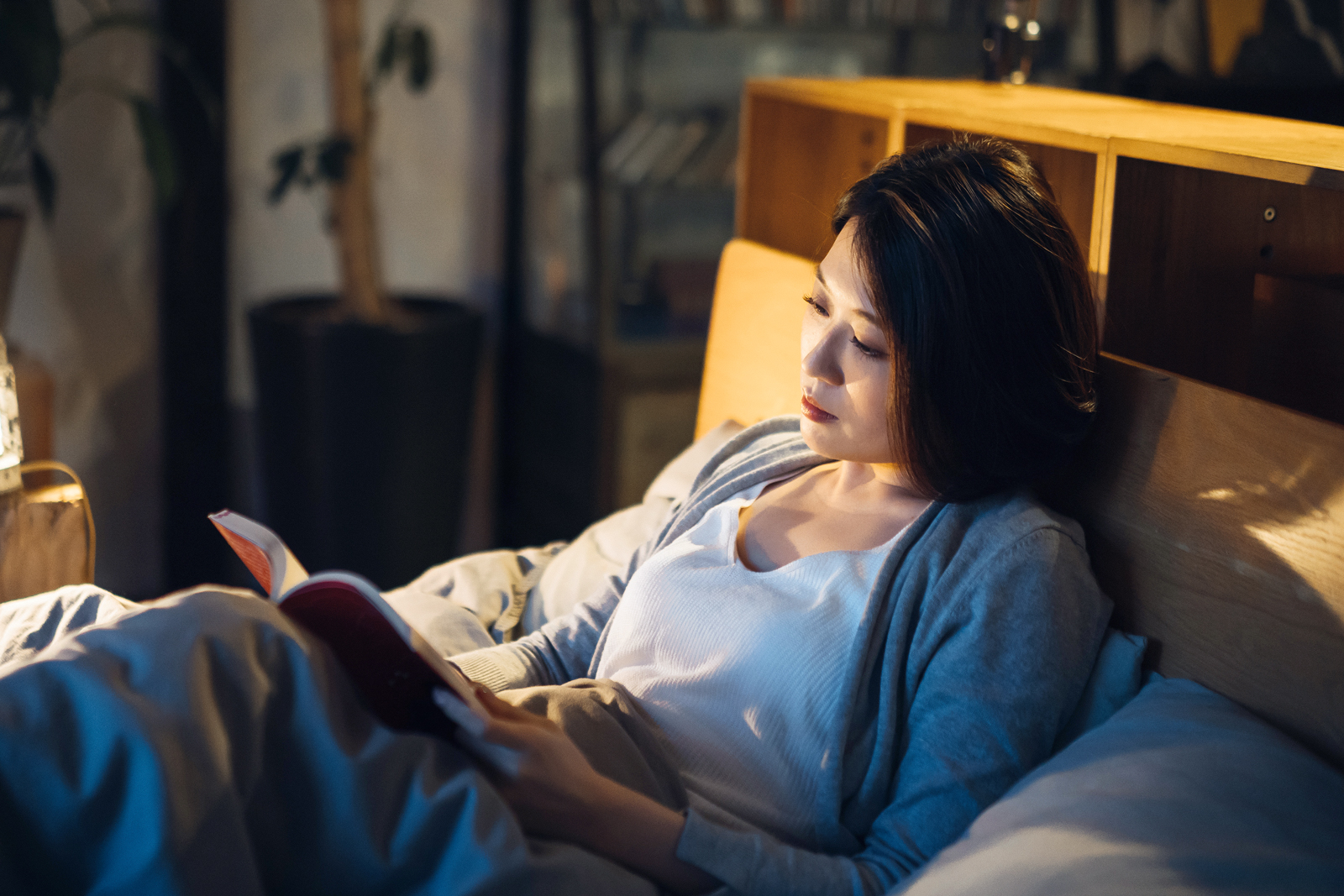

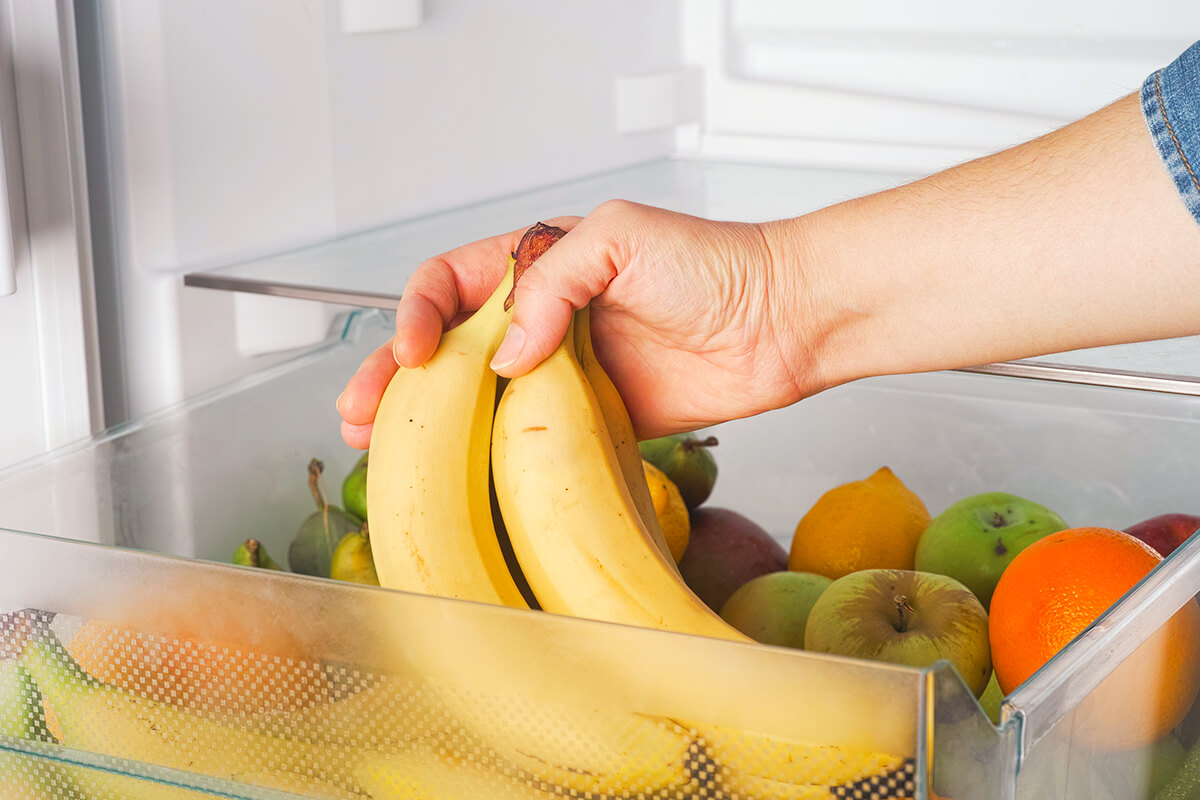


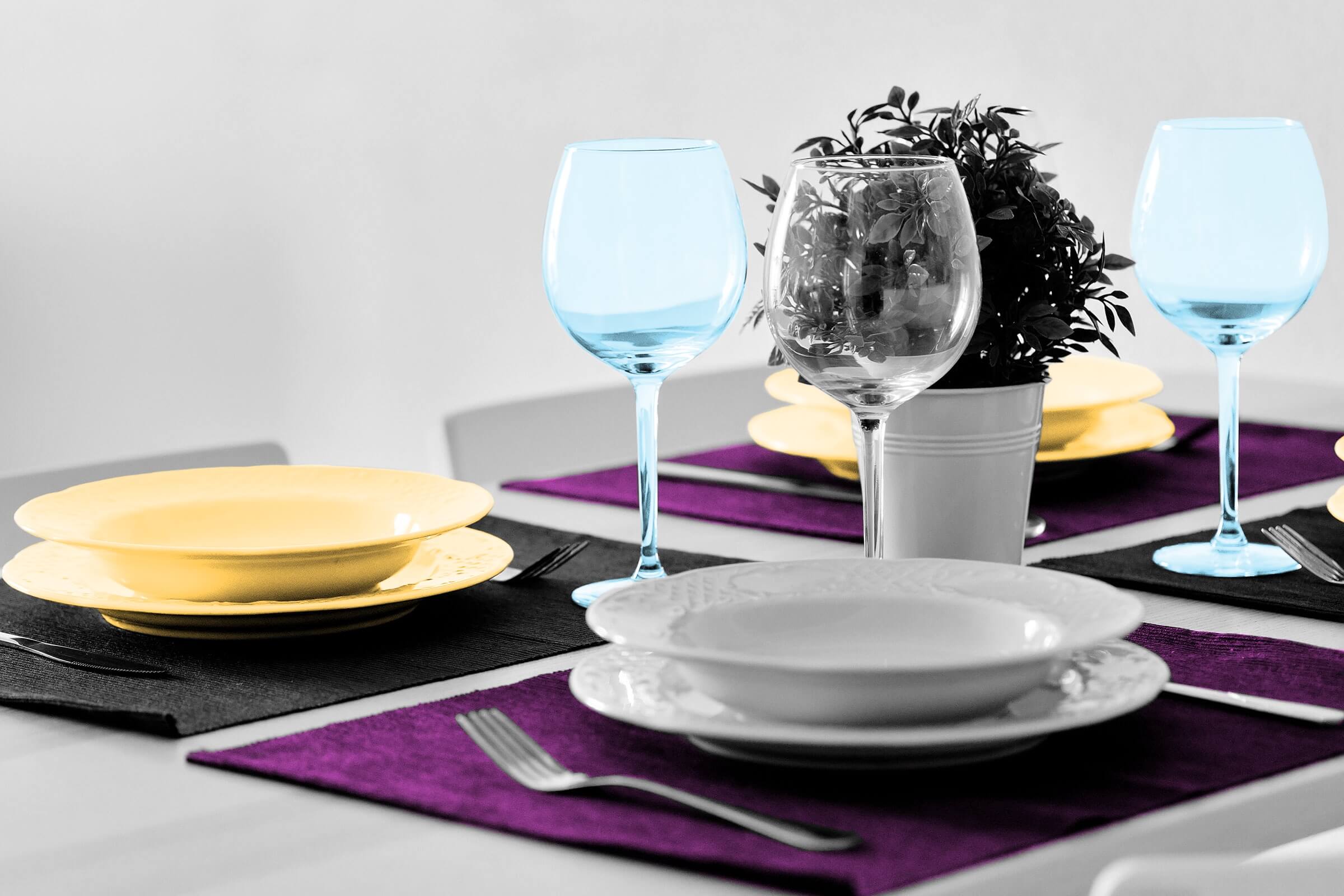


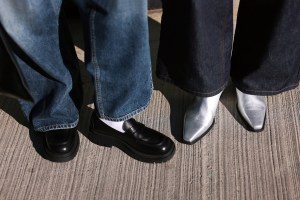


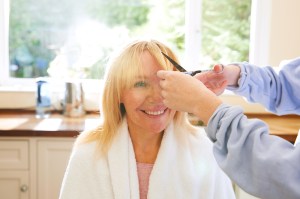

 Unique Beauty is free for all users.
Unique Beauty is free for all users.